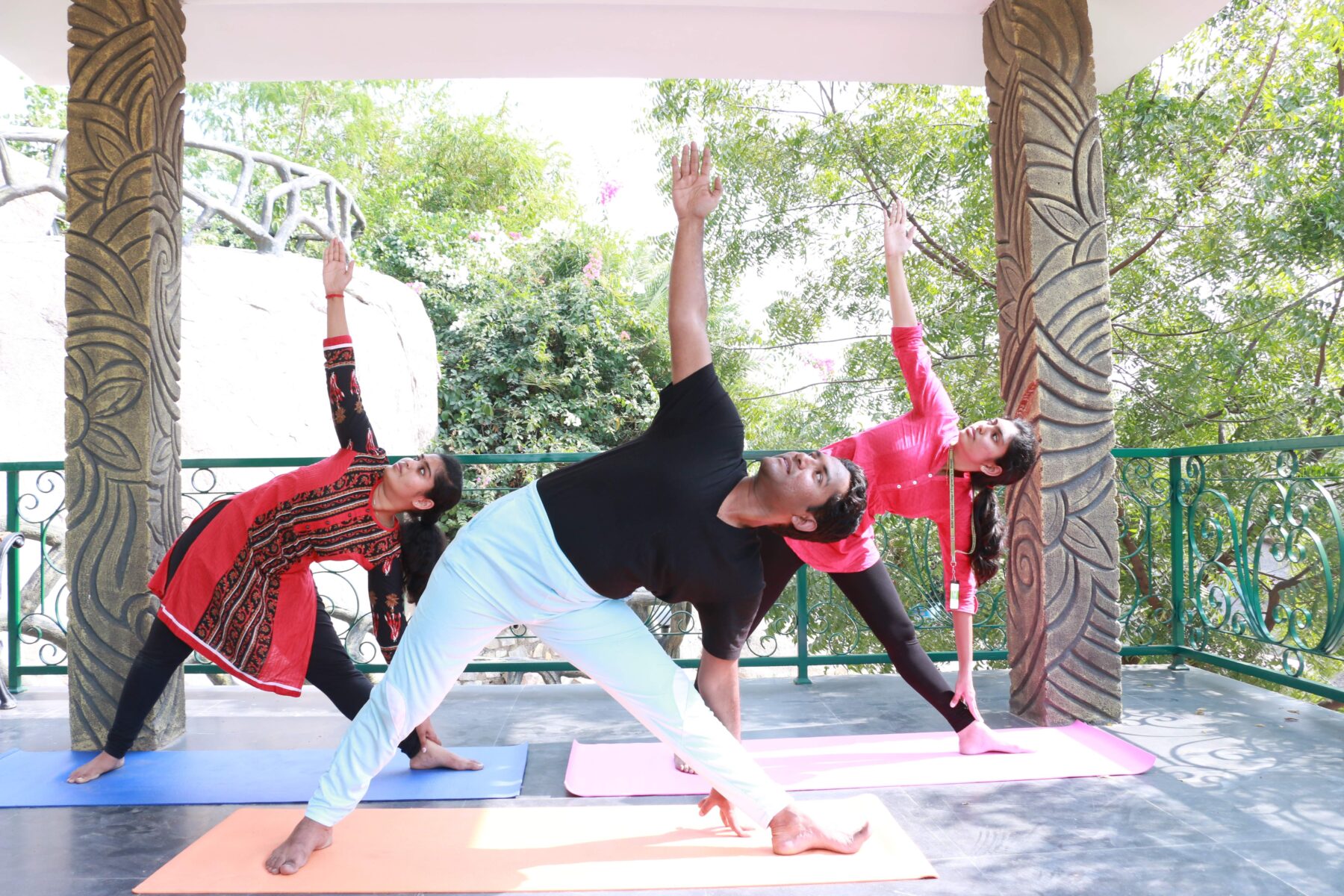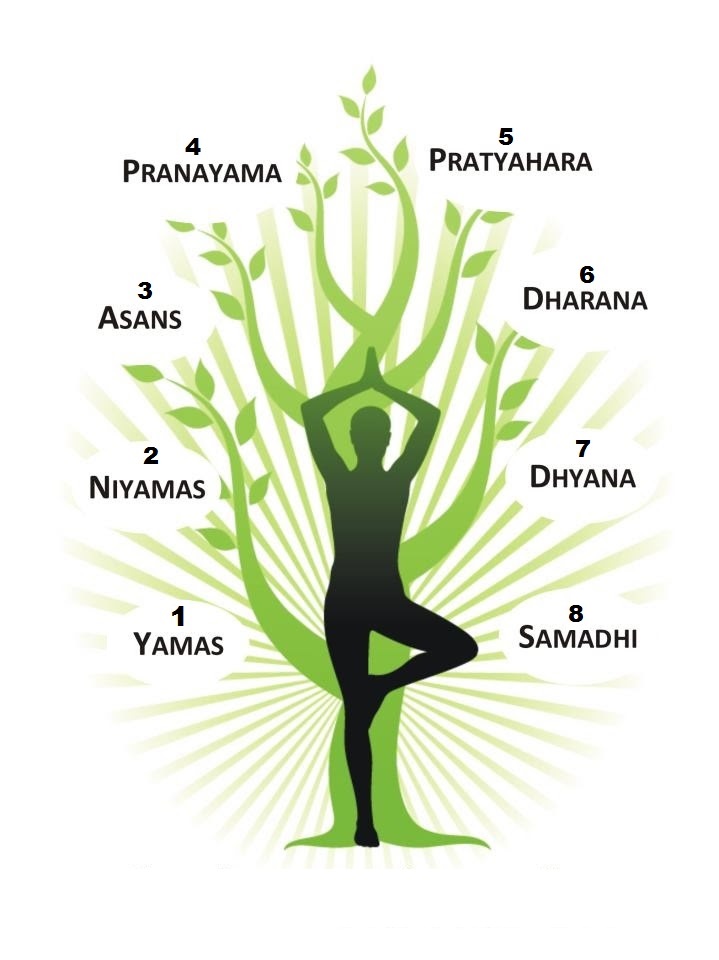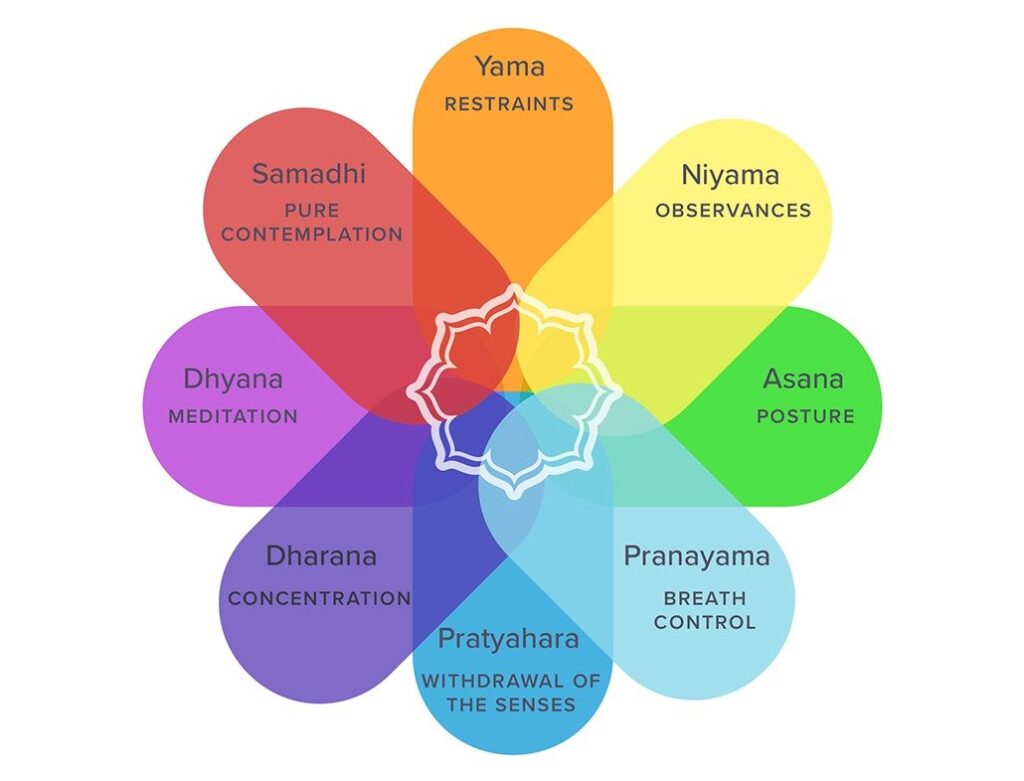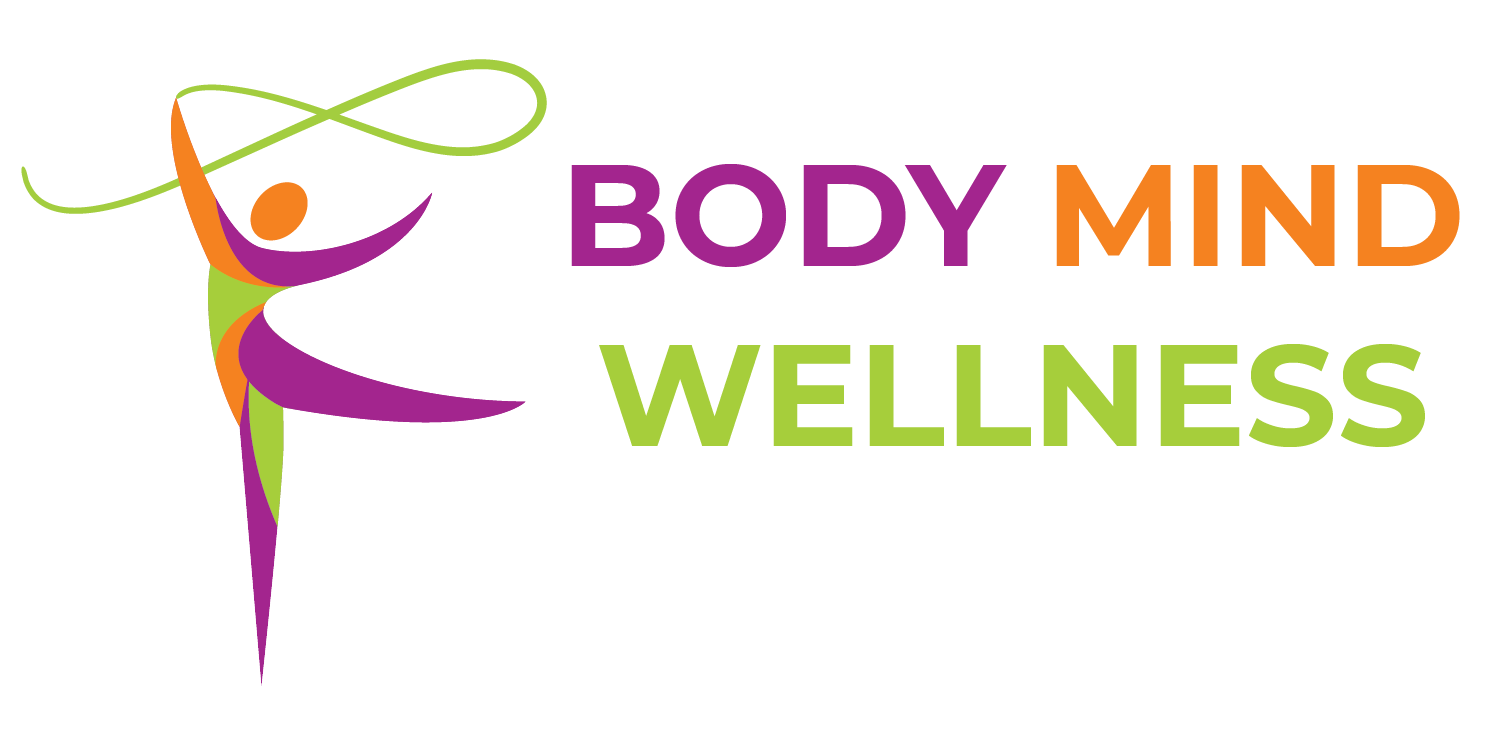Yoga
Why Every College Student Should Practice Yoga
Life changes fast when you’re a college student. You meet new people, have new experiences, encounter new ideas, all while learning to be an adult, taking classes, working part time, trying to have a social life AND find time to take care of yourself. Let’s face it – that shit is hard to do!
As students, we get pulled in so many directions – athletics, student groups, your new crush, schoolwork – all competing for your precious time. With so many things to do, it can be difficult to find balance and remain focused on what’s important to you.
But if you want to thrive in college, it’s important to make time to do exercise, relax with friends, manage stress, and maintain a healthy balance between school and enjoying the freedom that comes with being away from home.



Life Advice from a College Student and
Yoga Teacher
As a student and a yoga teacher on a major college campus, I know first hand how much a healthy body supports a productive mind. If I don’t practice yoga regularly, it can really affect my performance in school and how I cope with the stresses of life as a student.
“College is all about ‘finding yourself”
– and what that means is figuring out who you are, what you stand for, and how you identify as an individual.

I see this same feeling in students who attend my yoga classes. Students come in feeling tired and stressed, and they leave with new energy and a calm mind to carry them into another challenging week of classes.
Exercise For Every Body
Yoga provides an inexpensive, convenient way to exercise for anyone. All you need is your body and a yoga mat to get started. The individual aspect of yoga lets you go at a pace that’s appropriate for you.
Better Sleep
Once we start moving and expending energy through yoga, it becomes easier to settle down for nourishing sleep. Poses like Legs Up the Wall (a soothing inversion) help relax the mind and prepare the body for rest.
Improve Digestion and Increased Metabolism
After exercise and sleep, we have to eat. But as a student, your diet might not always be ideal, so having a powerful digestive system and increased metabolism is important. Yoga systematically enhances digestion and elimination by directing prana into the middle and lower abdomen. In simpler terms, powerful breathing and challenging yoga flows speed up the metabolism and support healthy digestion.
Enhance Your Physical Appearance
When we exercise, sleep better and have healthy digestion, we not only feel better, but we look better too. The result of a steady yoga practice is a strong and toned body. Certain types of poses (like inversions) help you have clearer skin, a bright complexion, and a radiance that comes from within a happy, healthy body.

“ Yoga builds mental and physical strength, along with confidence and self-assurance.”
Mental and Emotional Benefits College Students Gain From Practicing Yoga
Being a student in the age of social media and hyper connectivity can be stressful and emotionally draining. Your mental and emotional well being is directly connected to your physical health, and yoga provides different ways to support the subtle aspects of your mind, ego, and intellect.
While the goal of yoga is not just about being able to do a handstand, it can have a powerful effect on how you view yourself. Just a split second in a difficult balance on your feet or your hands can be the emotional boost you need that day, and just like the growing pile of dirty clothes in your dorm room, your confidence will build with each and every day of yoga practice.
Yoga creates a space to cultivate willpower, which helps overpower the negative chatter in our heads that tells us what we can and cannot do and replaces it with a strong sense of self.
This sense of self will stay with you off your yoga mat and can help you get through difficult classes and uncomfortable situations in life. Yoga kick starts this ability to find yourself and develop a self-awareness that leads to self-confidence, self-assurance, and a greater ability to navigate all aspects of your life.
Want to get an A on your next test? When you balance on one foot, you must remain focused, or you’ll topple over. Learning to direct your focus in a yoga pose – first with your gaze and then with your mind – helps improve your focus.
In an age with more distractions than ever before, yoga will support your ability to stay focused and on track as student. This pays off when you’re studying, preparing for a test, or giving a presentation.
You store memories and emotions throughout your body – not just in your brain. Your heart, hips and muscles can hold onto difficult memories and emotions that are hard to get past.
The best thing about yoga is that it works. If you do the work, yoga will work on you. All you have to do is show up on your mat and do the practice, and it will absolutely change your life.
And this is why you go to college – to learn and experience the world that exists beyond our childhood bubbles.

“Learning to communicate with the world from your heart will help you interact with others in a way that’s driven primarily by compassion and sincerity.”
Origin & History of Yoga
Yoga originated in India. It is impossible to say anything authoritatively with regard to its time of origin, but it certainly is of a great age. It can be called ageless since it is believed to have been taught initially by the Lord. Both Lord Krishna (divine incarnation of Lord Vishnu) and Lord Shiva are known as the originators of yoga.


The Birth of classical Yoga
In the third century BC the great sage Patanjali reviewed all of the practices of yoga that had been validated by the ancient yogis of India. He identified the theme of yoga, clarified its methods, and organized its techniques into a progressive system of exercises. After a long journey through innumerable currents of Indian metaphysical thought and mystical experience, Yoga was finally lifted out of its hazy past and presented as a scientific classical discipline.
The ‘Yoga Sutras of Patanjali’ is a masterpiece. It has stood the test of time and experience. It has served as the most authoritative and practical handbook available to those who have taken to the deeper and more systematic practices of yoga.
Patanjali established yoga as
A Precise Discipline with Eight Essential Practices

Yam - The Five Rules of Moral Restraint
Niyam - the Five Rules of Moral Observance
Asan - the Practice of Yoga Postures
Pranayam - the Practice of Breath Control
Pratyahar - the Withdrawal of Mind From the Senses.
Dharana - the Practice of Mental Focusing
Dhyan - the Practice of Meditation
Samadhi - the State of Super Consciousness and Perfect Equanimity.
Asana and Health
“Good health is everyone’s birth right”
A healthy body allows for the full enjoyment of life. It sustains enthusiasm, vigor, and stamina while simultaneously promoting true relaxation. A healthy body is able to respond properly to all kinds of stress and strains. It strongly resists disease and always remains aware, alert, and active.
Asanas provide the exercise necessary to the body while reducing physical and mental stress. The practice of asanas purifies and rejuvenates the body and restores it to natural health and maximum fitness. Once the body is purified, the restless mind becomes easy to discipline in the advanced stages of Yoga.
The practice of self-discipline (yam) and the observance of VOWS (niyam) enable the aspirant to control the emotions and passions that normally disturb one’s peace of mind. In order to know God one must faithfully practice yam and niyam throughout the practice of Yoga.
Yam
(Social Discipline)
Ahimsa: non-violence, dynamic love for all living beings.
Asteya : non-stealing, honesty.
Aparigrah : non-possession, the adoption of a simple lifestyle.
Satya : truth, purity and harmony in one’s thoughts, words, and deeds.
Brahmcharya : continence or celibacy.
Niyam
(Self-Discipline)
Shauch : purity
Santosh : contentment
Tapas : austerity
Svadhyay : study of the self
Ishvarpranidhan : devotion to god.
Asana
Physical Posture
Pranayama: The Precept Of Breath Control
BREATH AND LIFE: Pranayam is the most important limb of Hath Yoga. Prana means breath or life force, and ayama means regulation or control; thus pranayam indicates the regulation and control of the breathing process.
Prathyhara
Withdrawal of the senses. The practice of pratyahara is considered to be an important bridge between the external focus of the previous limbs of yoga, such as asana (postures) and pranayama (breathwork), and the internal focus of the subsequent limbs.
Dhrana
Concentration
Dhyana
Meditation
Samadhi
Enlightenment or Bliss


